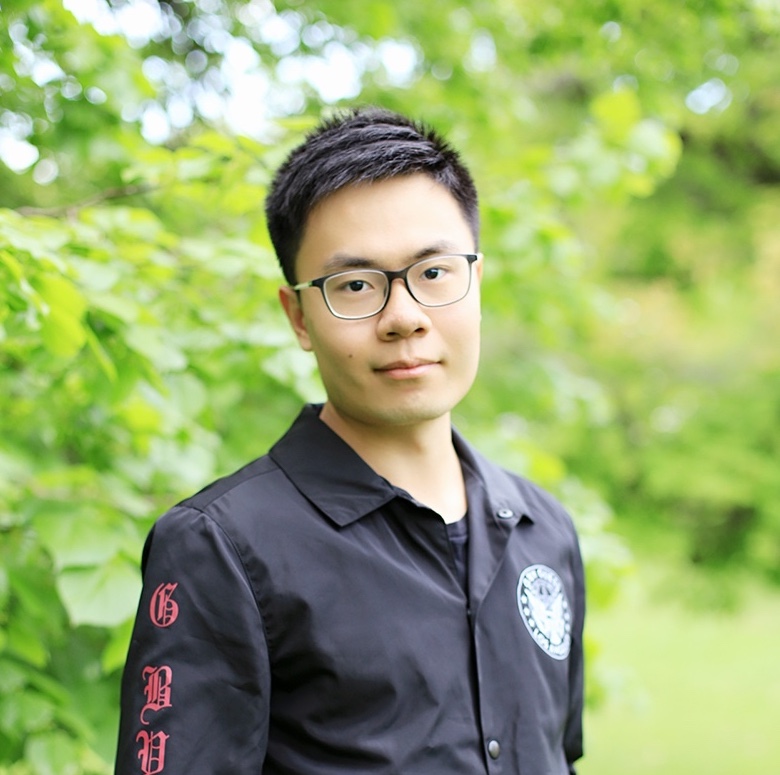About Me
Customer Reviews
“We rise by lifting others.” - Robert Ingersoll
Few things bring me more joy than watching the friends I’ve mentored/ worked with grow and succeed. I’ve been fortunate enough to receive some of their kind words along the way.
Customer 1 – Research mentorship since 2021
Boyang has been my research mentor since September 2021. He led me into Professor Sankararaman's research group and offered extensive help in research projects, graduate application, and other aspects. I never feel overwhelmed when working with Boyang: he allows me to explore research topics freely and gives me concrete tasks to work on when I need more direction. Additionally, Boyang is altruistic and helpful. He acknowledged my effort in a research paper even though he did most of the work. He also explained concepts and algorithms patiently to me during his time off. Besides his easygoing and helpful personality, his solid academic background in statistics, machine learning, and genetics make him competent to lead all related research projects. His research and teaching experiences both proved his expertise in the field of machine learning for bioinformatics.Customer 2 – Bruins in Genomics 2022 Summer Program
Boyang was my direct mentor for the Bruins in Genomics 2022 Summer Program at UCLA. Despite me having little experience in machine learning research, he was extremely helpful and patient in getting me up to speed with the exciting and complex work going on in the lab. His conceptual explanations were very well thought out and clear, allowing me to better understand the overarching goals of the project. He also spent a lot of time with my partner and I each day, making sure we not only succeeded, but enjoyed ourselves along the way. I couldn't have asked for a better mentor for my first large research project!Customer 3 – BIG Summer 2022 Research Mentor
Boyang was my BIG Summer 2022 research mentor at UCLA. Beyond having an extremely deep understanding of his research field and the problems I faced in my project, he was also constantly motivating me and made me genuinely excited about the future of the research. My project was very novel and open-ended, making some aspects of it difficult to answer immediately. However, even in these cases, he always came up with a plan and thought many steps ahead to determine the best course of action. Boyang was very friendly and made me feel a part of the team from the first day. I am so glad to have worked with him this summer and am excited to continue the research we did together.source: LinkedIn Recommendations
Q&A About My Research
I summarized some of the frequently asking questions from my friends who are not familiar with our field
